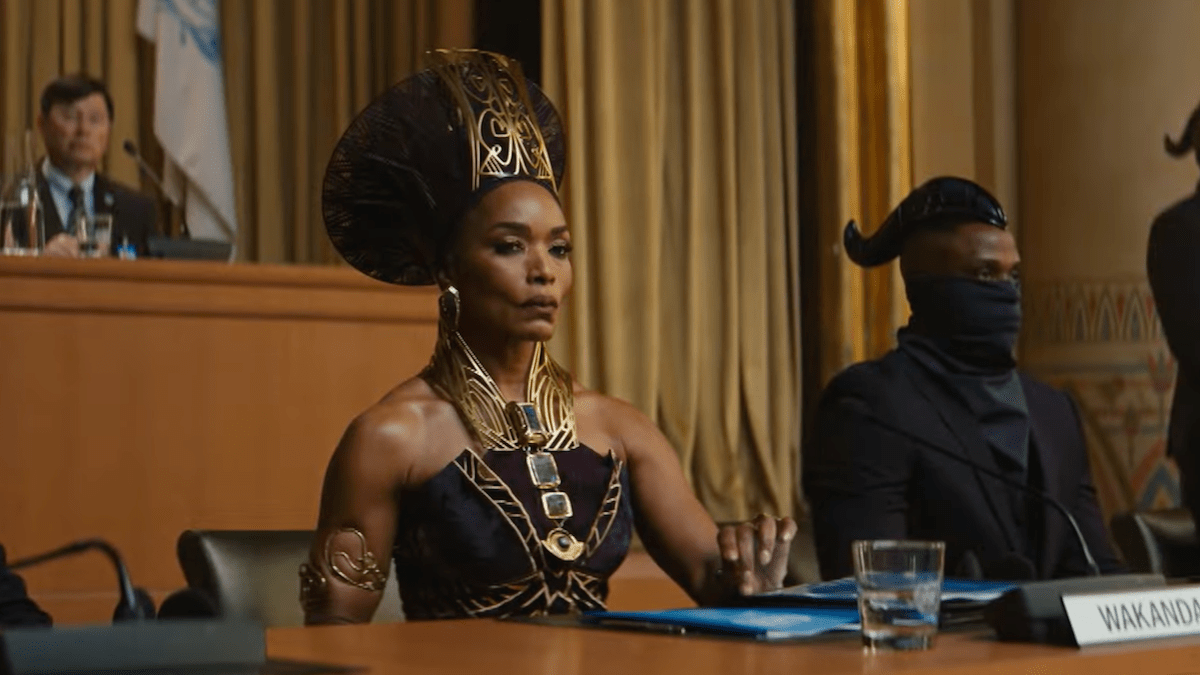It’s been one day since James Gunn and Peter Safran roiled the waters of fandom with their veritable shotgun blast of announcements concerning the first phase of the upcoming DC Cinematic Universe. And while Gunn’s announcement may have fans of Superman, Batman, Green Lantern, and, well, The Creature Commandos stoked, the recent addition of Black Panther: Wakanda Forever today to the Disney Plus streaming lineup highlights one of the new DC roster’s biggest flaws.
In an instance of unintended irony, DC studios has announced a slate of 10 new film and TV projects without one dedicated solely to a black superhero on the eve of Black History Month. The studio’s new Green Lantern TV show — Lanterns — will feature longtime member of the Green Lantern corps John Stewart in a co-starring role but will likely be paired with a white performer who will take on the character of the original Silver Age Lantern Hal Jordan. And while Waller will feature the formidable talent of Viola Davis as A.R.G.U.S. director Amanda Waller, the new DCU doesn’t seem set to premiere with any of DC Comics’ longtime black superheroes as a point of focus.
On another note that may come off as sour, DC Comics is celebrating Black History Month by focusing on many of the names that failed to make the DCU’s first cut. Black Lightning, Cyborg (who is in not just one, but two film and TV projects that have had their cords pulled by the new DC order), Vixen, Static Shock, Firestorm, and Mr. Terrific (who was featured in a tweet by Gunn just a few weeks back) will all be highlighted in upcoming comic book titles but won’t be seen by fans outside of those pages.
Of course, it should be pointed out that Marvel did wait until Phase 2 to debut War machine/James Rhodes and Sam Wilson/The Falcon, and T’Challa/Black Panther did not show up until Phase 3. With any luck we may see future announcements for a more diverse DCU in the future.
It should also be pointed out that Gunn, Safran, and the studio would serve themselves well now and in the future by making sure that they are hiring a diverse group of filmmakers, including women, POC, and those on the spectrum of sexuality and gender in order to ensure that the studio’s projects tell their characters’ stories in the most authentic voice possible.

